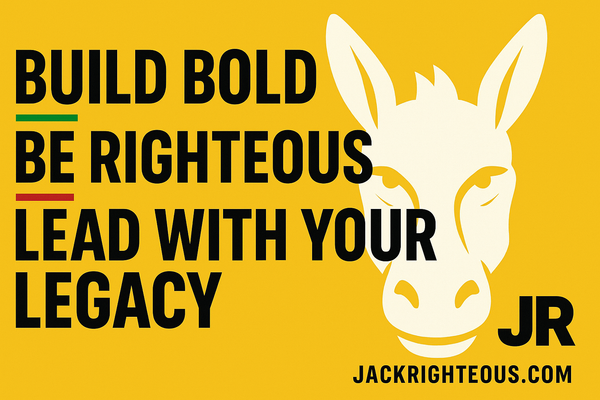White Labeling in AI Music: Pros, Cons, and How It Impacts Your Branding
Gary WhittakerWhite Labeling in AI Music: What It Means and How It Affects Your Branding
As an AI music creator, you might have heard the term "white labeling" in discussions about AI radio playlists, music licensing, or promotional opportunities. While it may seem like a complex industry term, white labeling can have a significant impact on how your music is branded and who gets credit for the work.
What Is White Labeling in AI Music?
White labeling involves creating a product (in this case, a music track) that is then branded and released by another party under their name. In the AI music world, this might mean licensing your song to an AI radio playlist, music service, or brand, which then distributes it under their own branding.
Examples of White Labeling in AI Music:
- AI Radio Playlists: Some AI playlists feature tracks but brand them under the playlist’s name instead of the original artist’s name.
- Music Licensing: When you license your track to a company, they may release it as part of their branded content, with little mention of you as the creator.
How Does White Labeling Impact You?
White labeling has both advantages and drawbacks depending on your music career goals:
Pros of White Labeling:
- Increased Reach: Your track can reach a larger audience by associating it with an established brand or playlist.
- Quick Entry: White labeling provides an easier way to get your music heard without building a promotional strategy from scratch.
Cons of White Labeling:
- Loss of Attribution: Your name might not appear on the track, limiting your visibility as an artist.
- Control Over Usage: You might give up some control over how and where your music is used when you white label it.
When to Consider White Labeling in AI Music
White labeling can be a useful strategy if you’re more focused on getting your music heard and less concerned about directly building your brand. However, if establishing a strong artist profile is your priority, you might want to keep more control over how your music is presented.
If you do decide to white label:
- Negotiate Terms: Ensure you understand and agree to the terms, including how your track will be credited and where it will be used.
- Evaluate the Platform: Consider if the platform aligns with your music and helps you reach the right audience.
Is White Labeling Relevant to Contests Like Battle of the AI Bands?
In contests like the Battle of the AI Bands, white labeling isn't directly involved. The contest primarily focuses on promoting the submitted tracks while still crediting the artists. However, participating in such contests may feel similar to white labeling because your track is shared and promoted on a platform you don't control.
Here’s what to keep in mind:
- Ensure Proper Credit: Make sure your artist name appears in video titles, descriptions, and promotional materials on the contest platform.
- Use Visual Branding: Include logos or other branding elements in your submission video to connect the track to your identity.
Final Thoughts
White labeling can boost your reach but may limit your brand visibility. It’s a trade-off that requires careful consideration. For contests like the Battle of the AI Bands, maintaining control over how your music is branded is key to maximizing promotional benefits. Always ensure your identity is appropriately represented, whether or not you choose to white label your tracks.
